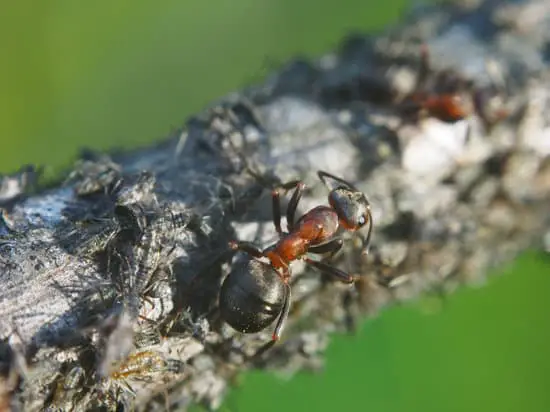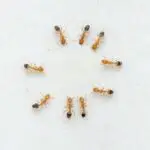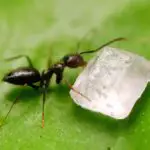How Do Ants Come in Winter?
During the winter months, ants change their behavior. They become more sedentary, slow down their movements, and go into a dormant state. Ants, like many insects, need a source of heat to survive. In cold weather, ants can find this source in the soil or rocks.
As ants’ body temperature drops during winter, they enter into a state called “diapause”. In diapause, ants use minimal energy and store their body fat. They also stop all of their development. When their body temperature stabilizes, ants emerge from their dormant state.
During diapause, ants do not eat or drink. They also do not lay eggs. Instead, they use the heat of their fellow ants to keep warm.
In the fall, ants store carbohydrates, proteins, and fats in their bodies. This fat is stored to provide them with extra energy through the winter months. They also use their bodies to generate heat. They may bring a swarm of ants indoors for shelter.
Ants in warm climates continue to be active throughout the winter. They may try to infiltrate businesses to survive. Ants in cold climates, however, may go into dormancy. These ants go deep into the soil or build underground nests. In Michigan, ants may have a difficult time finding an external source of warmth during the winter months.
Some ants, such as the Messor aciculatus species, store plant seeds in their nests. These seeds help the ants survive in the winter months.








